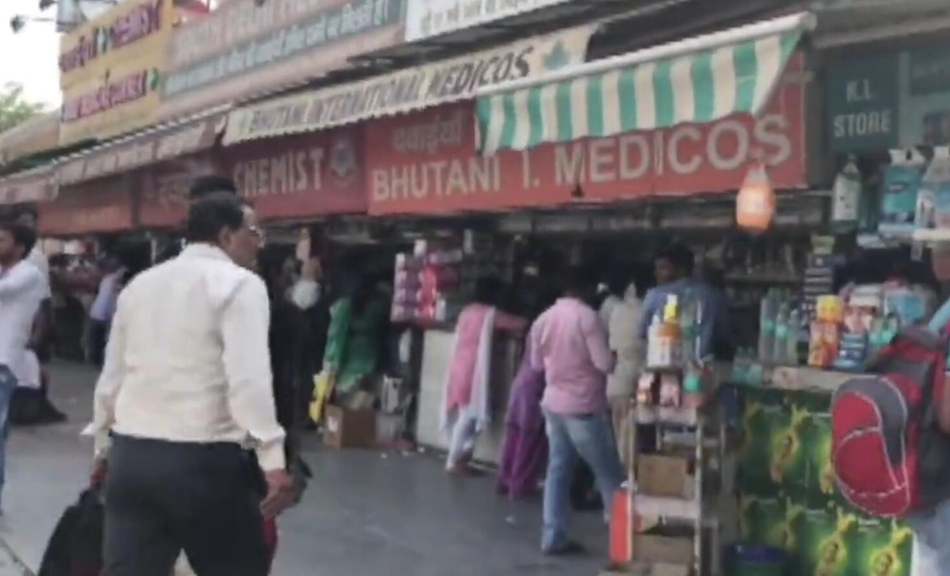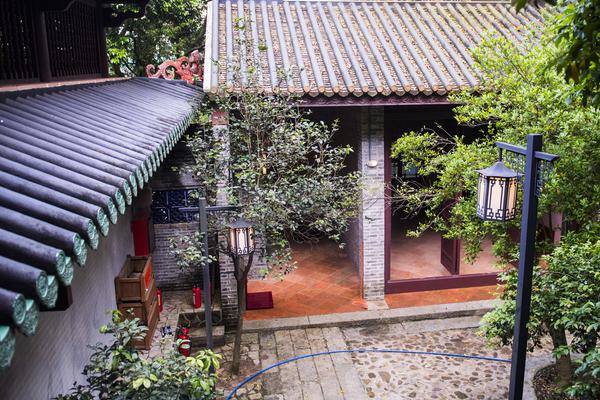【ポルノ映画 七瀬ななみ】VJAMM Announces Recipients of Arnold Maeda Manzanar Pilgrimage Grant

By PHYLLIS HAYASHIBARA
The Venice Japanese American Memorial Monument Committee and the Manzanar Committee announce the recipients of the 2025 Arnold Maeda Manzanar Pilgrimage Grant: Jennifer Yamashita and Natalie Tokita.
Both students at UCLA, they will be helping the Manzanar Committee prepare for the 56th annual Manzanar Pilgrimage weekend scheduled for April 25 to 27 at the Manzanar National Historic Site near Lone Pine.
They each wrote essays about having been inspired by the legacy and lessons of the late Arnold Maeda, VJAMM charter member and lifelong activist who helped found the Venice Japanese American Memorial Monument Committee in 2010.
The VJAMM Committee successfully generated support and funding to create, install, and dedicate the VJAMM seven years later, on April 27, 2017, on the northwest corner of Venice and Lincoln boulevards.
From this intersection, 15-year old Arnold, his mother, Sasami Takeda Maeda, and his father, Norman Toyoshige Maeda, left for an hours-long bus ride with only what they could carry, to what would become the War Relocation Authority concentration camp at Manzanar.
Arnold’s despair at having to leave his beloved German shepard behind can be seen in the quote he provided, which is etched in the solid granite obelisk that is the VJAMM.
“Instead of being worried about where we were going, I was obsessed with the fact that I had parted with my constant companion, my pet dog, Boy. For a fifteen-year-old, that was unforgettably traumatic,” reads the quote by Arnold Maeda.

Jennifer saw “Mr. Arnold,” a family friend and neighbor, at the VJAMM when she and her Girl Scout Troop 5325 helped clean the VJAMM shortly after it was dedicated. She didn’t realize Maeda’s role in the creation of the VJAMM, nor his experience during the forced removal and incarceration.
For her Girl Scout Gold Award project, Jennifer decided to create “a project that highlighted my appreciation of my local Japanese American community.” She remembered Mr. Arnold’s heartbreaking story about his dog. “That story had helped me really grasp how difficult going to the concentration camps [was] for Japanese Americans. … Mr. Arnold inspired me to create an online interactive story that teaches children about various Japanese American historical sites and their significance.”
Her website features the VJAMM and asks users to help young Arnold decide what items to pack in a sack that he could carry by himself, denying any selection that could be a weapon, or “too Japanese,” and certainly, no pets at all.
Jennifer’s Gold Award project, “Adventures in Venice/WLA Japanese American History,” can be seen at: https://sites.google.com/view/adventures-in-ja-history?pli+1
Natalie connects Arnold Maeda’s history with the history of her own family, her “grandmiother’s extended side being taken to Manzanar from Santa Monica, likely from the same street corner” and “several members of [her] grandfather’s side serving in the U.S. Army in Washington, … [her] great-grandfather Kamekichi Tokita designing and painting the Honor Roll structure paying tribute to veterans from the Minidoka incarceration camp, just as Maeda fought to found the VJAMM for incarcerees from Manzanar.”

Natalie’s “college journey has been devoted to finding and keeping these stories alive, just as Maeda did; connecting diverse Nikkei speakers to university speakers in Japan as an intern for the U.S.-Japan Council’s Japanese American Storytelling Program, writing stories for the Japanese American community as an editorial intern for Yo! Magazine, promoting ethnic studies as a member of the UCLA Asian American Studies Department’s Undergraduate Leadership Committee, and spreading cultural resilience as performing member of Kyodo Taiko at UCLA.”
Maeda and his family were forcibly removed from their home and nursery business in Santa Monica, along with approximately 1,000 persons of Japanese ancestry who lived in Venice, Santa Monica, and Malibu. Many were incarcerated in Manzanar for over three years, for the duration of World War II, not knowing how or when they would ever be released.
Some 10,000 persons of Japanese ancestry would be housed in the rudimentary barracks at Manzanar, and in all, some 120,000 persons of Japanese ancestry would be ordered off the West Coast states of Washington, Oregon, and California by Executive Order 9066 and into ten War Relocation Authority concentration camps in Arizona, Arkansas, California, Colorado, Idaho, Utah, and Wyoming.
The third paragraph on the front of the VJAMM reads, “May this Venice Japanese American Memorial Monument remind us to be forever vigilant about defending our constitutional rights. The powers of government must never again perpetrate an injustice against any group based solely on ethnicity, gender, sexual orientation, race, or religion.”
The eighth annual VJAMM Commemoration will take place Thursday, April 17, from 11 a.m. to 12:30 p.m. This year will mark the 83rd anniversary of Executive Order 9066, signed on Feb. 19, 1942; the 37th year after the passage of the Civil Liberties Act of 1988; and 56 years after the first annual Manzanar Pilgrimage in 1969.

That evening, the 13th annual VJAMM fundraiser will take place at Hama Sushi, 213 Windward Ave. in Venice. Esther Chaing, proprietor of Hama Sushi, has been a long-time supporter of the VJAMM.

Hama Sushi will donate 10% of the dinner sales, from 5 to 9 p.m., to the VJAMM Committee for educational outreach, monument maintenance, and funding the Arnold Maeda Manzanar Pilgrimage Grant. Call (310) 396-8783 for reservations at Hama Sushi or to order for take-out. See menu at: www.hamasushi.com/menus
For more information about the Arnold Maeda Manzanar Pilgrimage Grant, please visit www.venicejamm.org, facebook.com/VeniceJAMM, or www.manzanarcommittee.org.



